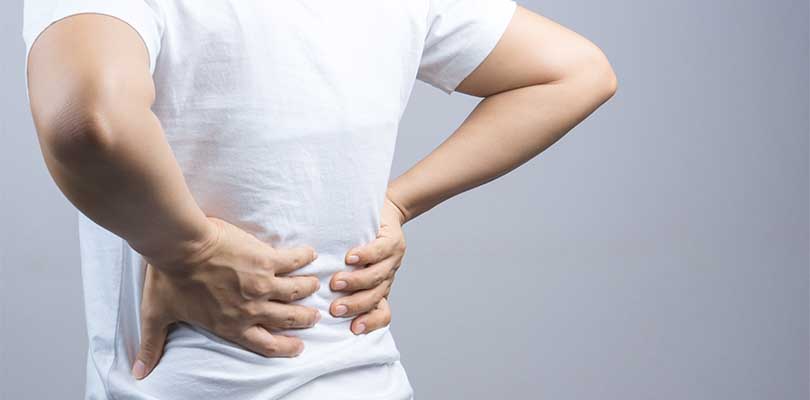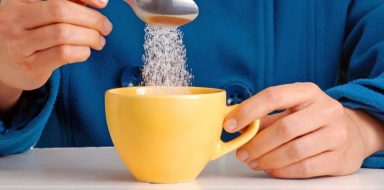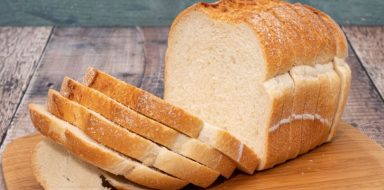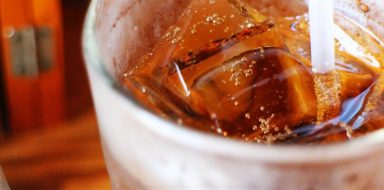Does Overactive Bladder Cause Back Pain?
Today, I fell down the stairs at a friend’s home. It was raining and I was wearing flip flops with poor treads. They are my favorite shoes – and they are very old. Suffice it to say that I know have a bruised arm and an aching back. Did I mention that I had back pain even before I fell?
I’m not alone. According to the American Chiropractic Association, 50% of all working Americans state that they have some type of back pain each year. This accounts for approximately 264 million lost workdays yearly, which equates to roughly two days per working American.
The thing about back pain, according to the American Chiropractic Association, is that, “Most cases of back pain are mechanical or non-organic—meaning they are not caused by serious conditions, such as inflammatory arthritis, infection, fracture or cancer.”
So why do so many people complain of back pain, and does overactive bladder cause back pain?
Back Pain and Overactive Bladder
Sometimes, urinary incontinence is an underlying symptom of other conditions. A lot of the time, it is part of a collection of symptoms coined overactive bladder (OAB). Other symptoms of OAB include:
- Urinary urgency that is difficult to control
- Urinary frequency (urinating upwards of eight to 24 times per day)
- Nocturia (urinating frequently overnight)
Many women who suffer from OAB also suffer from back pain. It does seem that there is a correlation, but researchers are still trying to determine if back pain is a cause or a symptom of OAB.
What is the Relationship Between OAB and Back Pain?
One theory that links OAB and back pain, according to Healthline, states that researchers “…think the activation of muscles in your abdomen may trigger back pain. Those muscles may affect your ability to properly hold or release urine.”
Here is what the research says:
- A 2015 Brazilian study attempted to study the relationship between urinary incontinence and back pain. However, the results were inconclusive as the average age of participants was over the age of 80. Other researchers believe that the advanced age likely affected urinary health.
- Another 2015 study evaluated women one-year post-pregnancy. The researchers found that back pain and urinary incontinence were common. It also found that most women were bothered more by the back pain than the urinary incontinence.
Getting through the holidays with OAB can be overwhelming; follow these eight tips to manage your OAB without sacrificing your holiday spirit.
In general, researchers believe that there are certain risk factors that increase the likelihood of developing both back pain and OAB symptoms:
- Being obese. Obesity puts extra pressure on the back, as well as the bladder and nearby muscles. This excess weight places added stress on the bladder, causing the bladder muscles to weaken.
- Aging. The act of aging, which is inevitable, increases the likelihood of back pain. Bladder control muscles can also lose elasticity with age.
- Having certain medical conditions. Diabetes and arthritis can cause both back pain and OAB symptoms.
Treatment of Back Pain Caused by Overactive Bladder
When back pain and OAB are related, the treatment will be multifaceted. Your provider will likely recommend treatments aimed at reducing pain as well as OAB symptoms.
Treatment of back pain is typically aimed at reducing pain. Your doctor will typically recommend a combination of various treatment modalities, such as over-the-counter pain medications, physical therapy, exercise, and lifestyle modifications, such as weight loss.
OAB is typically treated with bladder training exercises, pelvic muscle exercises, scheduling toilet breaks, and taking prescription medications if needed. If these treatment modalities are not effective, there are other options that can be prescribed. For example, injections into the bladder can help keep the urethra closed, reducing leakage. Botulinum toxin A (Botox) is another injection that can relax the bladder muscles. Nerve stimulators can also be implanted, which assist with the impulse to urinate.
Prevention of Back Pain
Sometimes, there is no way to prevent back pain and OAB from occurring. For example, we discussed various things that increase the likelihood of having both back pain and OAB. If you are aging and have arthritis, you are, unfortunately, at heightened risk.
That does not mean that there are not things you can do. Obesity and type 2 diabetes increase the likelihood of both conditions. Getting active earlier in your life, losing weight if you are overweight, and keeping your blood sugar levels in check are all things that you can do to prevent back pain caused by OAB.
You can also:
- Wipe front to back when urinating in order to reduce the risk of urinary tract infections.
- Drink plenty of water, which helps to flush bacteria from the body.
- If you have a history of kidney stones, identify foods, beverages, and medications that may contribute to their formation and avoid them.







